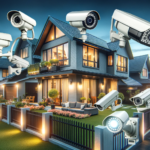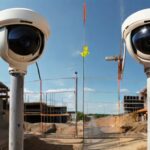In recent years, the prevalence of video surveillance in public spaces has become a topic of heated debate in major cities. Let’s explore the advantages and disadvantages of using video surveillance in these areas, its impact on society, and the legal framework surrounding its use, as well as how Live Patrol in Toronto can help implement video surveillance solutions that balance public safety and privacy.
Video surveillance in public spaces has become increasingly common, offering a range of benefits from enhancing security to aiding law enforcement. However, its widespread use has also sparked concerns about privacy and civil liberties. This complex issue demands a thorough exploration of both the positive and negative aspects of public surveillance.
Advantages of Video Surveillance in Public Spaces
Crime Prevention
One of the most significant benefits of video surveillance is its ability to prevent crime. Cameras act as a deterrent to potential offenders and can also play a crucial role in solving crimes. Numerous examples exist where surveillance footage has been pivotal in identifying and apprehending suspects.
Public Safety
Video surveillance helps in managing crowds and monitoring high-risk areas, thereby enhancing public safety. In situations like large public gatherings or in areas prone to accidents, surveillance cameras can provide real-time information, helping to prevent mishaps and manage emergencies more effectively.
Assistance in Law Enforcement and Legal Proceedings
Surveillance footage is an invaluable tool for law enforcement agencies. It can provide evidence in criminal investigations and legal proceedings, making it easier to establish facts and determine liability.
Disadvantages and Concerns
Privacy Concerns
The most prominent argument against public video surveillance is the impact on individual privacy. The potential for misuse of surveillance data is a significant concern, with fears that constant monitoring could lead to a ‘Big Brother’ society.
Civil Liberties
There is a fine line between ensuring public safety and infringing on civil liberties. The pervasive nature of video surveillance can be seen as an encroachment on the freedom of the public, leading to debates on the ethical implications of surveillance.
Public Perception and Behavior
The presence of surveillance cameras can create an atmosphere of distrust, affecting how people behave in public spaces. It raises the question of whether surveillance instills a sense of security or fear among the public.
Regulations and Laws
The legal landscape governing the use of video surveillance varies widely across regions. These laws aim to balance the need for security with the protection of individual rights. It’s crucial for those implementing surveillance systems to be aware of and comply with these regulations.
Technological Considerations
Advancements in technology, such as facial recognition and AI, are transforming the capabilities of video surveillance. While these developments can enhance the effectiveness of surveillance, they also bring additional privacy concerns and ethical questions.
The debate over video surveillance in public spaces is far from settled. It creates many complex benefits and drawbacks that need careful consideration. The key lies in finding a balance that maximizes public safety while respecting individual privacy and civil liberties.
Contact Live Patrol for Video Surveillance Solutions for Public Spaces and Businesses in Toronto
For businesses and public spaces in Toronto looking to implement video surveillance, Live Patrol offers expert solutions. Our services not only enhance security and safety but also ensure compliance with legal standards and respect for privacy. Contact us to discover how our tailored video surveillance solutions can benefit your business while maintaining the delicate balance between security and privacy.


